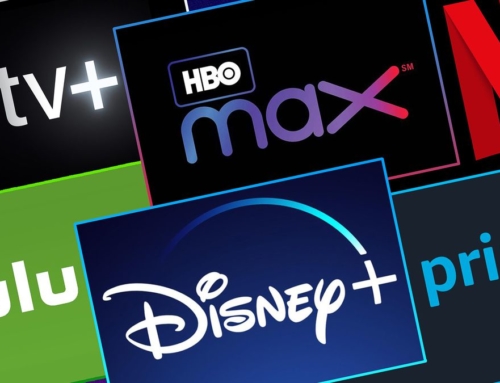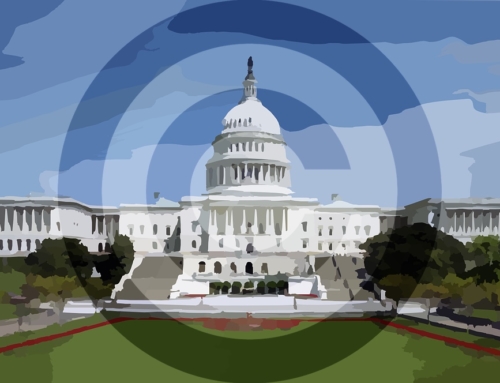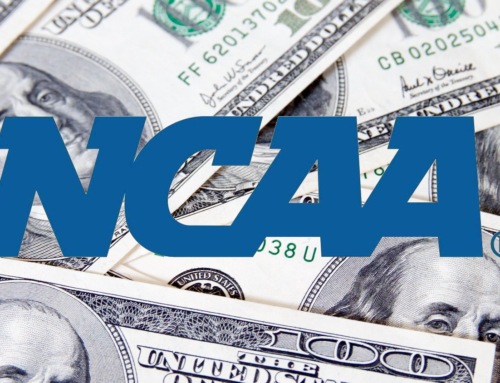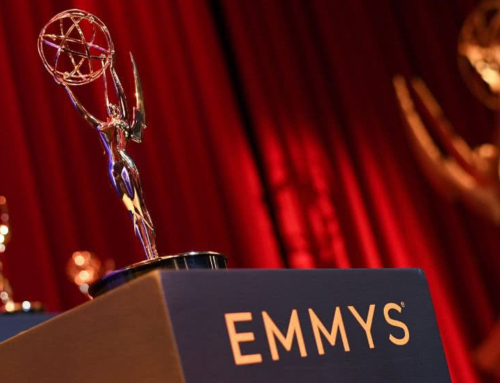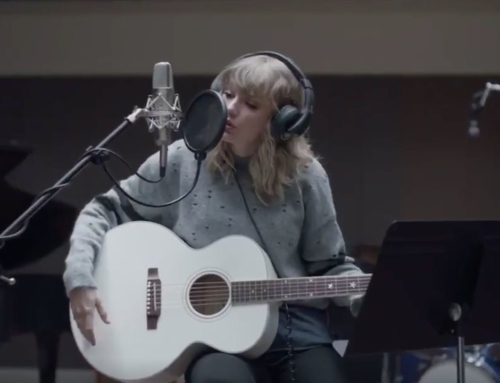
Spotify has taken another step closer to operating its own record label. As was announced last week, Spotify has now begun to offer managers and independent artists cash advances in exchange for the rights to licence their music directly to the streaming service.
It has been reported that some of these deals have lead to management firms receiving hundreds of thousands of dollars. Still, Spotify has reportedly asked such artists not to mention that they are “signed” to the streaming service. That’s because Spotify isn’t purchasing any copyrights. In fact, under these deals, artists and managers still remain free to licence the same materials to other platforms under separate agreements and retain full revenue streams from any outside deals. This makes for quite a lucrative deal for independent artists as it allows them to remain independent in their business dealings. Artists are able to keep ownership of their material and master recordings without signing over any exclusive content. So what’s in it for Spotify?
Firstly, in these deals Spotify ends up paying out less in royalties to the artist as the streaming platform pays out 50% of the revenue per stream as opposed to the usual 54% that is paid to major record labels. Still, this works to the advantage of independent artists as they end up pocketing more revenue than they would with a major label after revenues are split between the many parties involved.
Therefore, in an ideal situation, these direct licensing deals would allow Spotify to reduce its cost while giving more exposure to independent artists through playlist promotion. Whether that will in fact be the case remains to be seen. However, Spotify itself is already reaping the rewards of this announcement.
Following the announcement on June 6th, Spotify’s share price soared to $171.48 by the end of the week pushing the company’s estimated value above $30 billion – the highest it has reached yet. Given this data, analysts have predicted that Spotify may be attempting to boost its profits by cutting out major label competition as it attempts to act as a label itself. However, this plan could easily backfire as 87% of Spotify streams in 2017 came from major labels and most executives at these labels have not reacted well following this announcement.
These deals present a threat to major labels as it potentially reduces their overall market share in the music industry while also potentially forcing them to pay more money to artists that Spotify has already propped up without taking the risk or monetary hit that a major label would.
The three major labels (Sony, Universal and Warner) are so unhappy with Spotify’s move that it has been reported that executives at these labels are planning to block new territorial licences which would effectively prevent Spotify from launching its planned expansion into India. This expansion was meant to serve as the first stop in Spotify’s global expansion. Without territorial licences though, these moves won’t be possible.
With Apple Music growing at a rapid pace (it already operates in 110 territories as opposed to Spotify’s 65) and YouTube set to launch its own streaming service this summer, Spotify may do well to remember that their strength may not last forever. This is especially true if they alienate the entities that are currently servicing them. Without support from the major labels that they are currently in receipt of, there is nothing stopping Apple Music from taking over Spotify’s place at the top of the market.
Although these deals bode well for independent musicians at this current moment they could prove to be harmful to the industry as a whole in the long-term.



